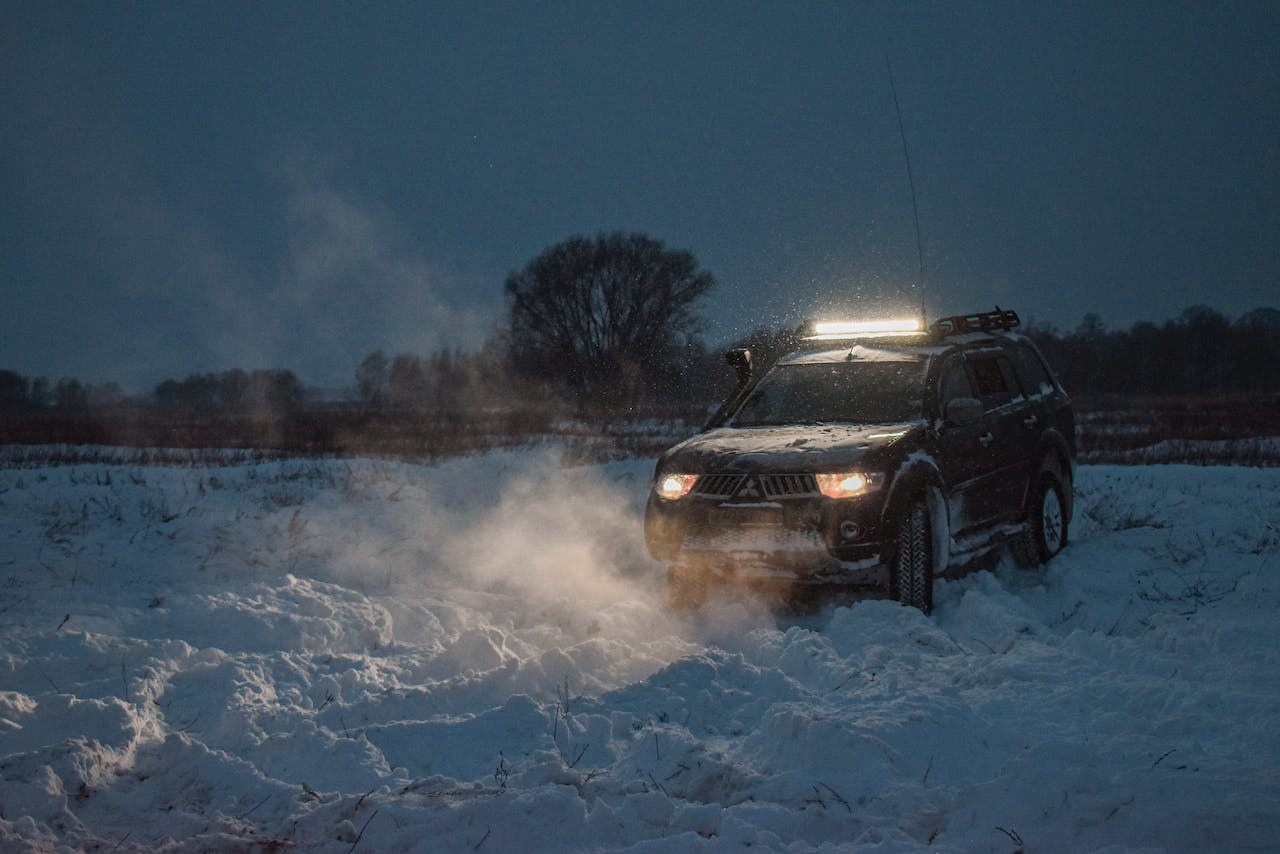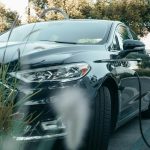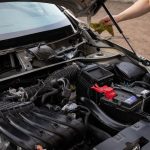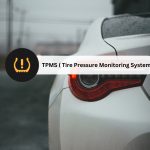As winter approaches and temperatures drop, car owners face a unique set of challenges to maintain optimal vehicle performance. Understanding how cold weather affects various components of a car is crucial for both safety and longevity. In this article, we’ll delve into the intricacies of the challenges posed by cold weather on car performance and explore effective solutions to overcome them.
How Cold Weather Affects Engine Performance
The Role of Temperature in Engine Efficiency
One of the primary concerns during winter is the impact of low temperatures on engine efficiency. Cold weather can hinder the combustion process, leading to decreased power output and potential damage to engine components.
Effects of Cold Weather on Oil Viscosity
Engine oil, vital for lubrication, can become thicker in cold temperatures, impeding its ability to flow smoothly through the engine. This viscosity issue can result in poor lubrication and increased friction, affecting overall engine performance.
Battery Performance and the Cold
Car batteries experience a significant drop in efficiency in cold weather. The chemical reactions within the battery slow down, reducing its ability to provide the necessary power to start the engine. This often leads to the frustrating scenario of a dead battery on a chilly morning.
Tire Troubles in Chilly Temperatures
Impact of Cold on Tire Pressure
Cold weather causes a decrease in tire pressure, leading to underinflated tires. This not only affects fuel efficiency but also compromises vehicle handling and traction. Regular monitoring and adjustment of tire pressure become essential during winter months.
Choosing the Right Winter Tires
Investing in winter tires designed for cold conditions can significantly improve a car’s performance. These tires have specialized tread patterns and rubber compounds that enhance grip on icy or snowy surfaces, providing better control and safety.
Cold Weather and Fuel Efficiency
How Low Temperatures Affect Fuel Combustion
Fuel combustion is less efficient in cold weather due to the denser air. Cars consume more fuel to generate the same amount of power, leading to decreased fuel efficiency. Drivers should be mindful of this effect, especially during extended periods of cold weather.
Tips for Optimizing Fuel Efficiency in Cold Weather
Simple practices like reducing idling time, maintaining a steady speed, and using the vehicle’s heater judiciously can contribute to better fuel efficiency in winter. Regular maintenance, such as changing air filters and ensuring a properly tuned engine, also plays a crucial role.
The Battle Against Frost: Car Fluids and Maintenance
The Significance of Antifreeze in Preventing Engine Freeze
Antifreeze, or coolant, is a vital component in preventing the engine from freezing in cold temperatures. Ensuring the proper concentration of antifreeze and regularly checking for leaks can prevent costly damage to the engine block.
Importance of Checking and Topping Up Other Fluids in Winter
In addition to antifreeze, other fluids, such as brake fluid, power steering fluid, and windshield washer fluid, require attention in winter. Cold temperatures can affect their performance, so routine checks and top-ups are essential for smooth vehicle operation.
The Role of Electronics in Cold Weather
How Electronic Components Are Affected by Low Temperatures
Modern vehicles rely heavily on electronic components for various functions. However, these components can be sensitive to extreme temperatures, with cold weather potentially causing malfunctions or slower response times.
Tips for Protecting Car Electronics in Winter
Parking in a garage, using a car cover, and investing in engine block heaters are practical measures to shield electronic components from the harsh effects of cold weather. Regularly inspecting and cleaning electrical connections can also help prevent issues.
Cold Weather Driving Tips
Safe Driving Practices in Icy Conditions
Navigating icy roads requires a different set of skills. Drivers should maintain a safe following distance, avoid sudden movements, and brake gently to prevent skidding. Understanding how to recover from a skid is crucial for winter driving safety.
Precautions for Starting a Cold Engine
Starting a cold engine demands some precautions. Let the engine idle for a few minutes to allow oil to circulate and warm up. Avoid revving the engine excessively during this time. This simple step can prolong the life of the engine.
Importance of Winterizing Your Vehicle
The Benefits of Winterization
Winterizing your vehicle involves preparing it for the challenges of cold weather. The benefits include improved performance, enhanced safety, and a reduced risk of breakdowns in freezing conditions.
Steps to Winterize a Car for Optimal Performance
Simple steps like checking the battery, inspecting the tires, changing to winter-grade oil, and ensuring all fluid levels are adequate contribute to effective winterization. Consulting the vehicle’s manual for manufacturer-recommended winterization steps is also advisable.
Overcoming Cold Weather Challenges: DIY Maintenance
Basic Winter Maintenance Every Driver Should Know
Empowering drivers with basic winter maintenance knowledge is crucial. This includes knowing how to check and top up fluids, inspecting the battery, and ensuring proper tire care. A proactive approach can prevent many cold weather-related issues.
Tools and Equipment for Cold Weather Car Care
Having the right tools on hand is essential for DIY winter car maintenance. Items like a snow brush, ice scraper, tire pressure gauge, and a portable jump starter can prove invaluable in challenging conditions.
Cold Weather Performance Upgrades
Aftermarket Solutions for Enhanced Cold Weather Performance
For those facing extreme winter conditions, aftermarket solutions are available to enhance cold weather performance. This includes engine block heaters, battery warmers, and heated windshield wiper blades, among others.
Upgrading Essential Components for Winter Driving
Consider upgrading essential components such as the battery, alternator, and spark plugs for improved cold weather performance. These upgrades can provide peace of mind and ensure reliability during winter journeys.
The Future of Cold Weather Car Technology
Emerging Technologies Addressing Cold Weather Challenges
As technology advances, so do solutions to cold weather challenges. From improved battery technologies to smart climate control systems, the future promises innovations that make driving in cold weather more manageable.
Innovations in Car Design for Extreme Temperatures
Car manufacturers are increasingly focusing on designing vehicles with cold weather in mind. This includes features like heated steering wheels, advanced traction control systems, and materials that better withstand extreme temperatures.
Real-Life Challenges: Stories from Drivers
Anecdotes of Car Performance Issues in Cold Weather
Real-life stories from drivers experiencing car performance issues in cold weather add a personal touch to the article. These anecdotes highlight the practical challenges faced and underscore the importance of proactive winter car care.
Lessons Learned and Shared Experiences
Drivers sharing their experiences can offer valuable insights into overcoming cold weather challenges. Whether it’s a lesson learned the hard way or a creative solution to a winter-related issue, these stories connect with readers on a relatable level.
Conclusion
In conclusion, the challenges of cold weather on car performance are diverse but manageable with the right knowledge and proactive measures. From engine concerns to tire issues and electronic components, addressing these challenges head-on ensures a smoother and safer winter driving experience.
FAQs (Frequently Asked Questions)
How often should I check my tire pressure during winter?
It’s advisable to check your tire pressure at least once a month during the winter months. However, more frequent checks, especially during temperature fluctuations, are recommended.
Can I use regular engine oil in cold weather, or is a winter-grade oil necessary?
While regular engine oil can be used, switching to winter-grade oil during colder months provides better viscosity and flow, improving engine performance in low temperatures.
Do I need to warm up my car before driving in cold weather?
It’s generally recommended to let your car idle for a few minutes to allow the engine oil to circulate and warm up. However, modern engines are designed to warm up efficiently during driving.
Are aftermarket winter performance upgrades worth the investment?
The necessity of aftermarket upgrades depends on the severity of winter conditions in your region. For areas with extreme cold, these upgrades can enhance overall vehicle performance and reliability.
What should I do if my car battery dies in cold weather?
Keep a set of jumper cables or a portable jump starter in your car. If the battery dies, you can either ask for assistance or use these tools to jump-start your vehicle.
Last Updated on November 14, 2023 by admin

Mac is an Automotive enthusiast. He owns up to 15 vehicles. He deals with Auto problems and shows his skill to Car owners who are seeking any type of Car help.





